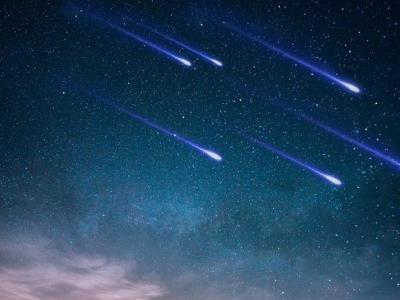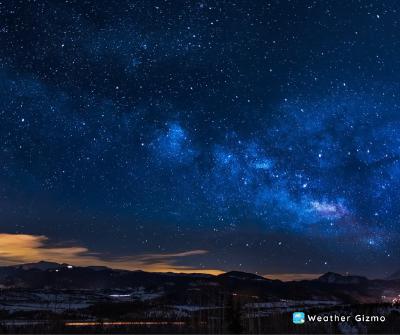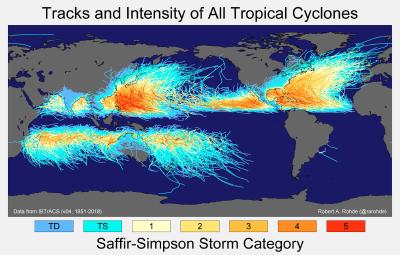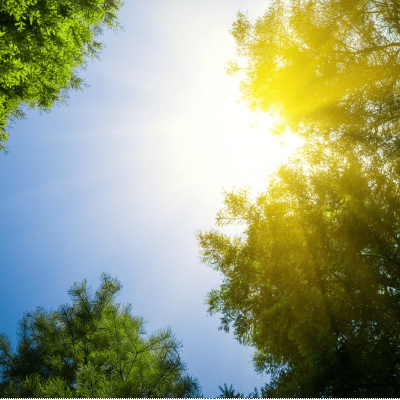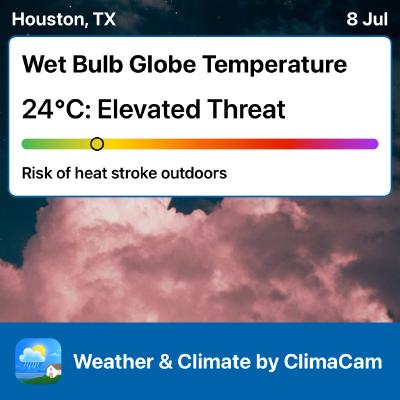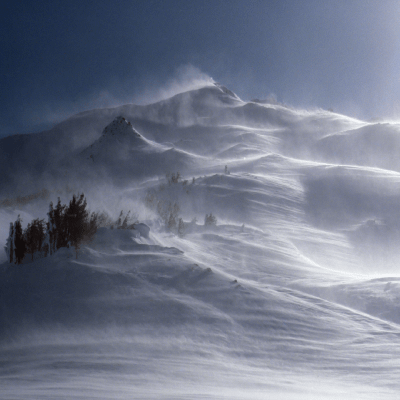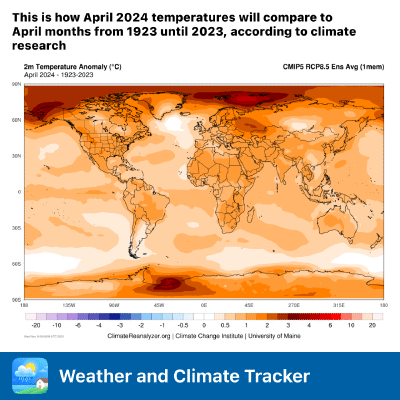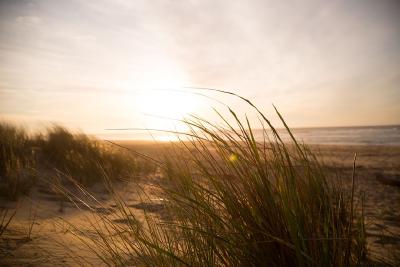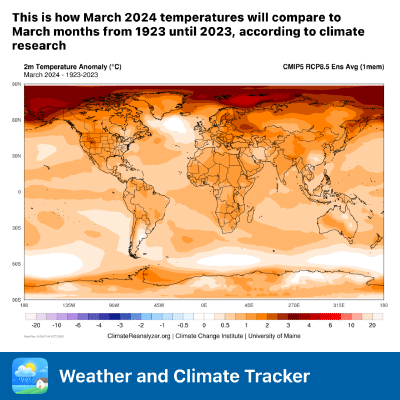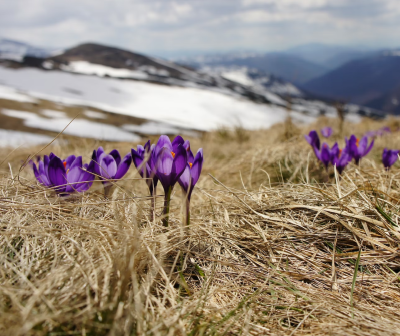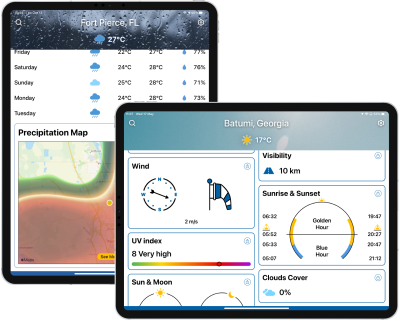
Weather & Climate Tracker for iPad
Climate summary for the last 100+ years, as you have seen with the #ShowYourStripes tag elsewhere Blue & Golden Hour stages for those who into photography and videography Notification Center Widget option for iOS 13 devices and people who still like these classic widgets better Actual control over measurement units, no more km/h winds when you understand m/s App interface in English, Arabic, French, Hebrew, Portuguese, Russian, Spanish, Turkish and Ukrainian And many more in the iPad version of the app.
Read more
